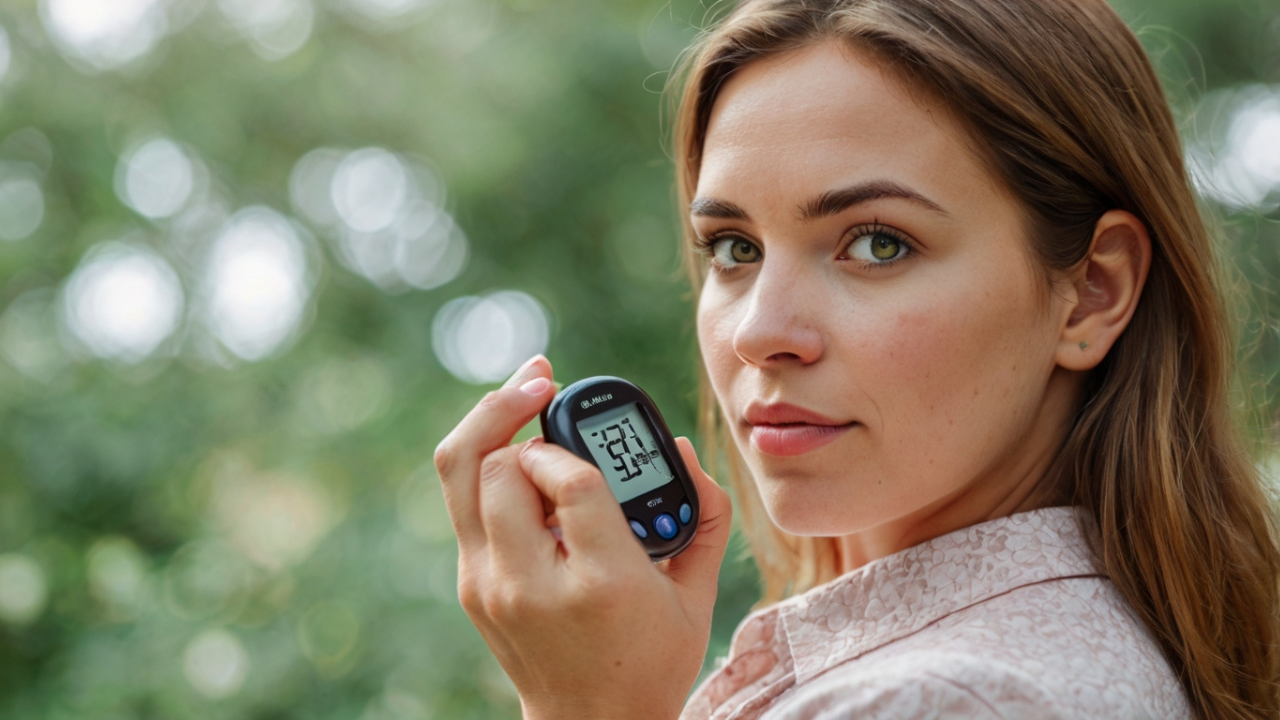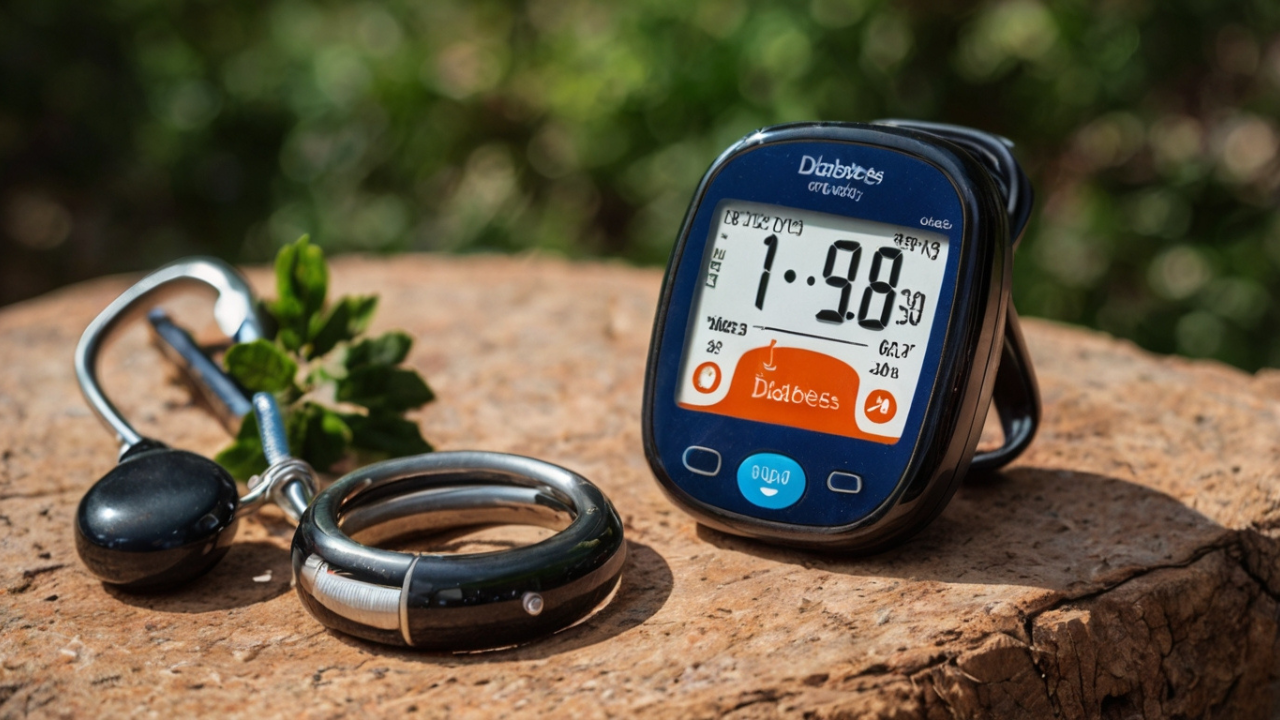Defining Diabetes: What Diabetes is Most Accurately Defined As
Defining Diabetes: What Diabetes is Most Accurately Defined As Understanding the Basics of Diabetes Diabetes is a complex metabolic disorder that affects the body’s ability to regulate blood sugar levels. Diabetes is most accurately defined as a chronic condition characterized by high levels of glucose in the blood due to issues with insulin production or



